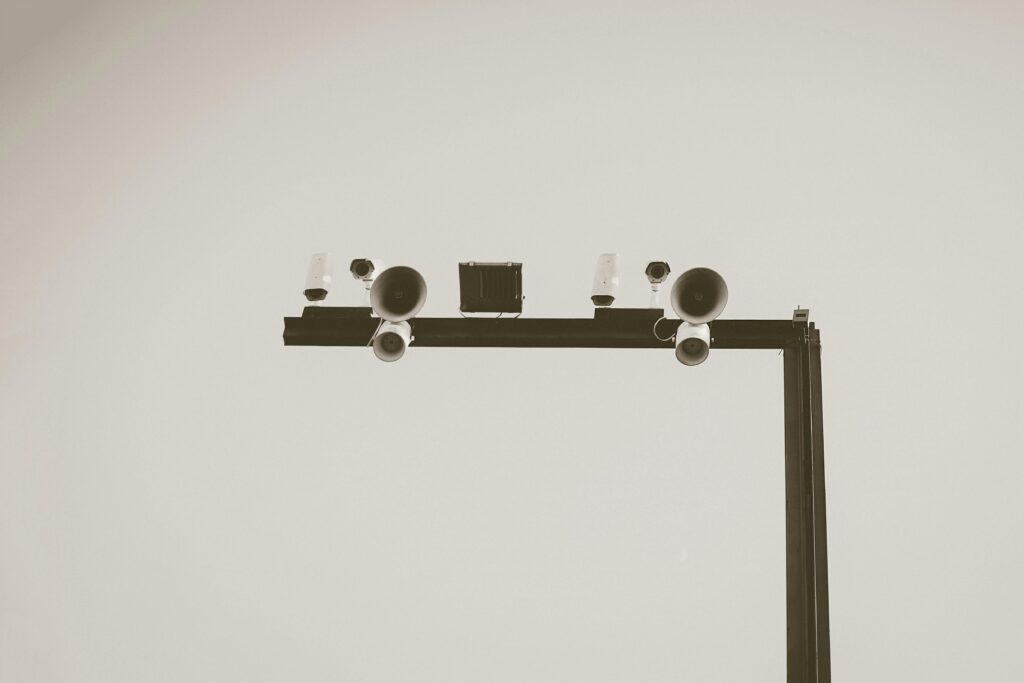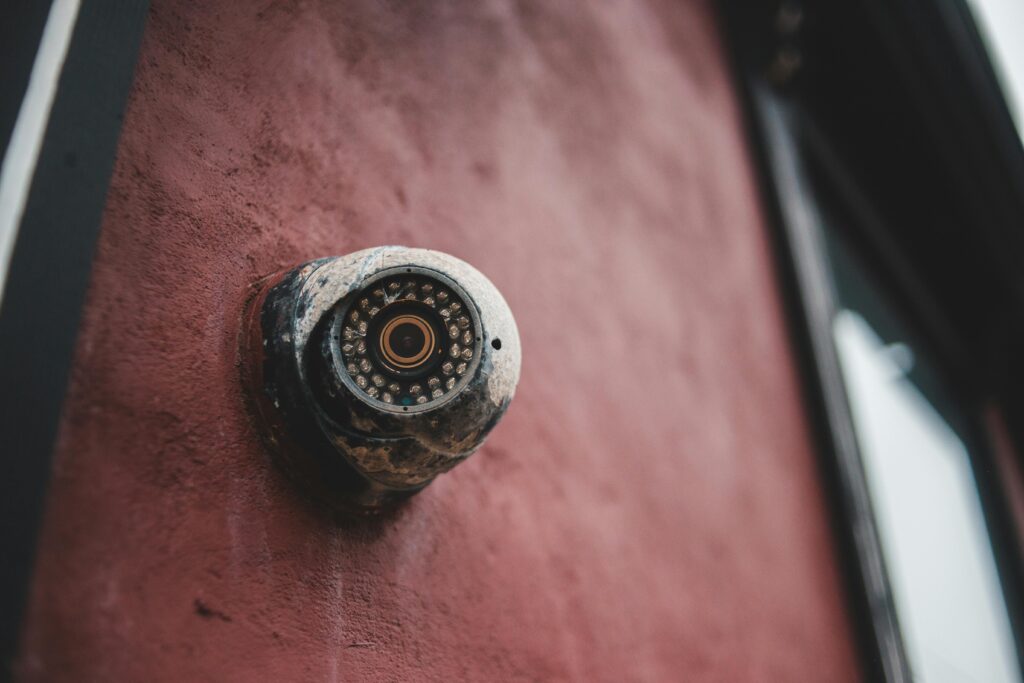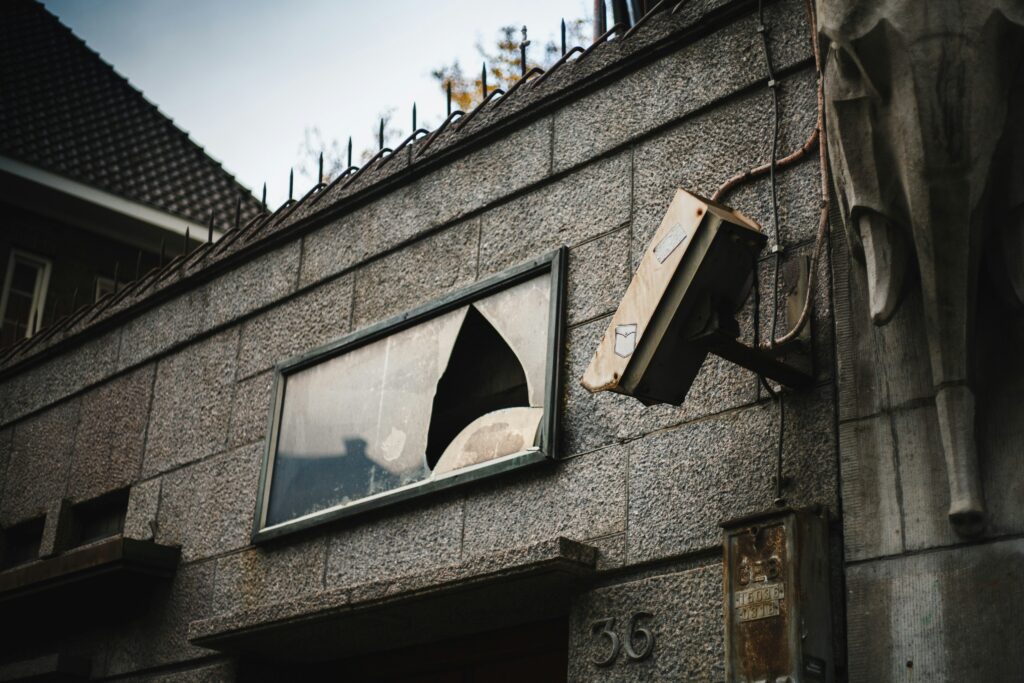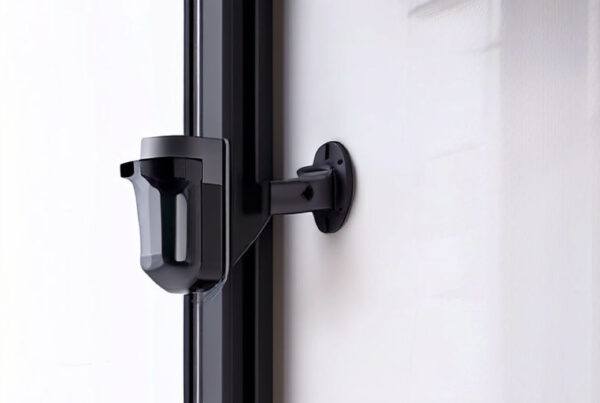
In today’s world which is ever-changing, it has become more important than ever to ensure that our homes, businesses, and public places are safe and secure. Closed-circuit television (CCTV) systems have emerged as one of the most effective tools for surveillance and monitoring. Technology has made available numerous CCTV systems each designed for specific needs and environments such as home or commercial use. In this blog post, I will be discussing the various types of CCTV systems including features, advantages, and disadvantages as well as frequently asked questions that will guide you in your choices.
1. Analog CCTV Systems

Features
- Analog CCTV cameras are a traditional type of CTTV system whose video signals travel through coaxial cables using analog cameras.
- Recording and storing footage on these systems typically requires a Digital Video Recorder (DVR).
- Different kinds of analog cameras include dome types, bullet types and PTZ (Pan-Tilt-Zoom) thus enabling easy installation and monitoring.
Pros
- Is cost-effective and hence suitable for small-scale surveillance requirements.
- Simple to install and maintain.
- Many equipment/ accessory options exist.
Cons
- Compared to their digital counterparts their resolution is restricted
- Has limited scalability/flexibility
- Power cabling is separate from video transmission cabling so they require different wiring for both power supply and image transmission
2. IP CCTV Systems:

Features
- IP CCTV systems use Internet Protocol (IP) cameras for high-definition video capture and transmission through an IP network.
- Often, these systems require a Network Video Recorder (NVR) for recording and storage purposes.
- IP cameras deliver better image quality, resolution, and other advanced capabilities such as remote access and analytics.
Pros
- High-resolution video with good image quality.
- Scalable and flexible that makes adding cameras or expanding the system easier.
- Advanced functions such as motion detection, remote access, and analytics.
Cons
- Expensive at the beginning unlike the analog system
- Requires network infrastructure to function properly
- Difficult installation process compared to analog camera systems
3. Wireless CCTV Systems

Features
- Wireless CCTV systems depend on wireless technologies to send video signals from cameras to recording devices.
- Such systems eliminate complicated cabling requirements hence allowing more freedom in selecting the location of a camera.
- They can be powered by batteries or solar panels which makes them suitable for temporary or off-grid surveillance applications.
Pros
- Quick and easy installation without extensive wiring works
- Camera placement flexibility that is Favourable for temporary or remotely situated guard duties
- This leads to less disturbance of existing infrastructure during the set-up period.
Cons
- The relatively small range and potential for interference by other wireless devices.
- This requirement to be connected to a battery, must be checked on and maintained regularly.
- It is open to signal interference and also susceptible to security threats.
also read:- Essential Components of CCTV Camera System
Frequently Asked Questions (FAQs):
1. Are wireless CCTV systems as reliable as wired systems?
Wireless CCTV systems may be a reliable option; however, they might be prone to signal interferences and limited ranges. In addition, it is necessary to pick high-quality equipment plus ensure proper installations to reduce any possible problems that may arise.
2. Can I upgrade my existing analog CCTV system to an IP system?
Yes, you can change your analogue camera CCTV system into ip system by replacing the cameras with IP cameras and adding an NVR recorder but this may require additional investment in terms of equipment and infrastructure.
3. How do I choose the right CCTV system for my needs?
The size of the area under surveillance, the resolution required per image, the amount of money one can spend and what is needed in terms of safety are what should inform decisions when choosing CCTV services. A professional will guide you through the best solution that suits your situation.
4. Can I be able to access my CCTV system remotely?
Yes, with remote viewing capabilities available on many CCTV systems it is possible to stream live feeds and watch the recorded videos from any place provided there is an internet connection. This feature can be of great help in protecting your property when you are not around.
Conclusion
In conclusion, the choice of a CCTV system will depend on aspects such as finances, security requirements, etc. Each of them—whether it’s an analog system or IP or wireless one—has its own strengths and limitations. By understanding features, pros & cons and often asked questions about each type of CCTV system users can make informed decisions for enhancing the safety of their estates and premises.

